These 11 projects were selected by PHILADELPHIA250 and a panel of community leaders and members of our Leave a Legacy Task Force, and are seeking to become one of our Official Legacies for the 250th. The project teams responded to an open call for ideas to the community. The review panel evaluated them as the most promising ideas and initiatives that could realistically be implemented by the 250th anniversary in 2026, and leave behind a legacy of positive social impact and equitable, sustainable community transformation.
Seed funding for these projects was generously provided by the John S. and James L. Knight Foundation and the Philadelphia Foundation.
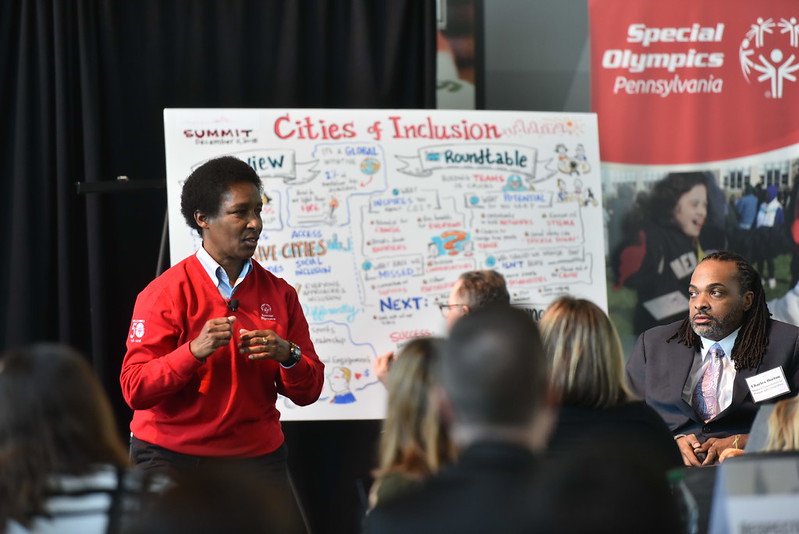
An initiative of the Special Olympics of Pennsylvania, serves and advocates for nearly 250,000 Philadelphians who identify as a person with a disability. This is part of a larger multi-year plan around inclusion in all areas of life.
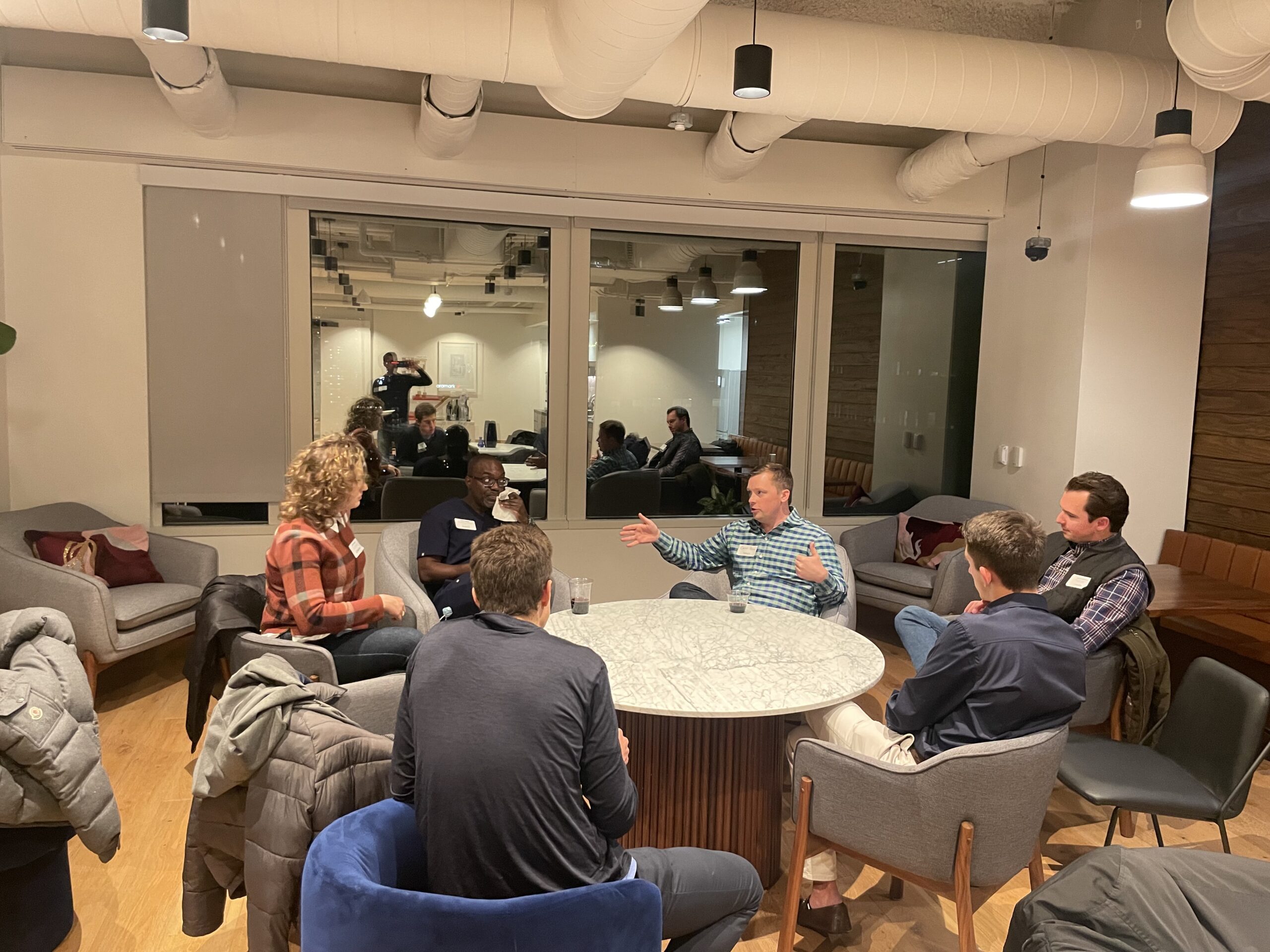
A mentorship and workforce development program connecting students to healthcare professionals and careers. The program will introduce them to various opportunities in sales, marketing, communications, technology, R&D and more in the medical and pharmaceutical industries.
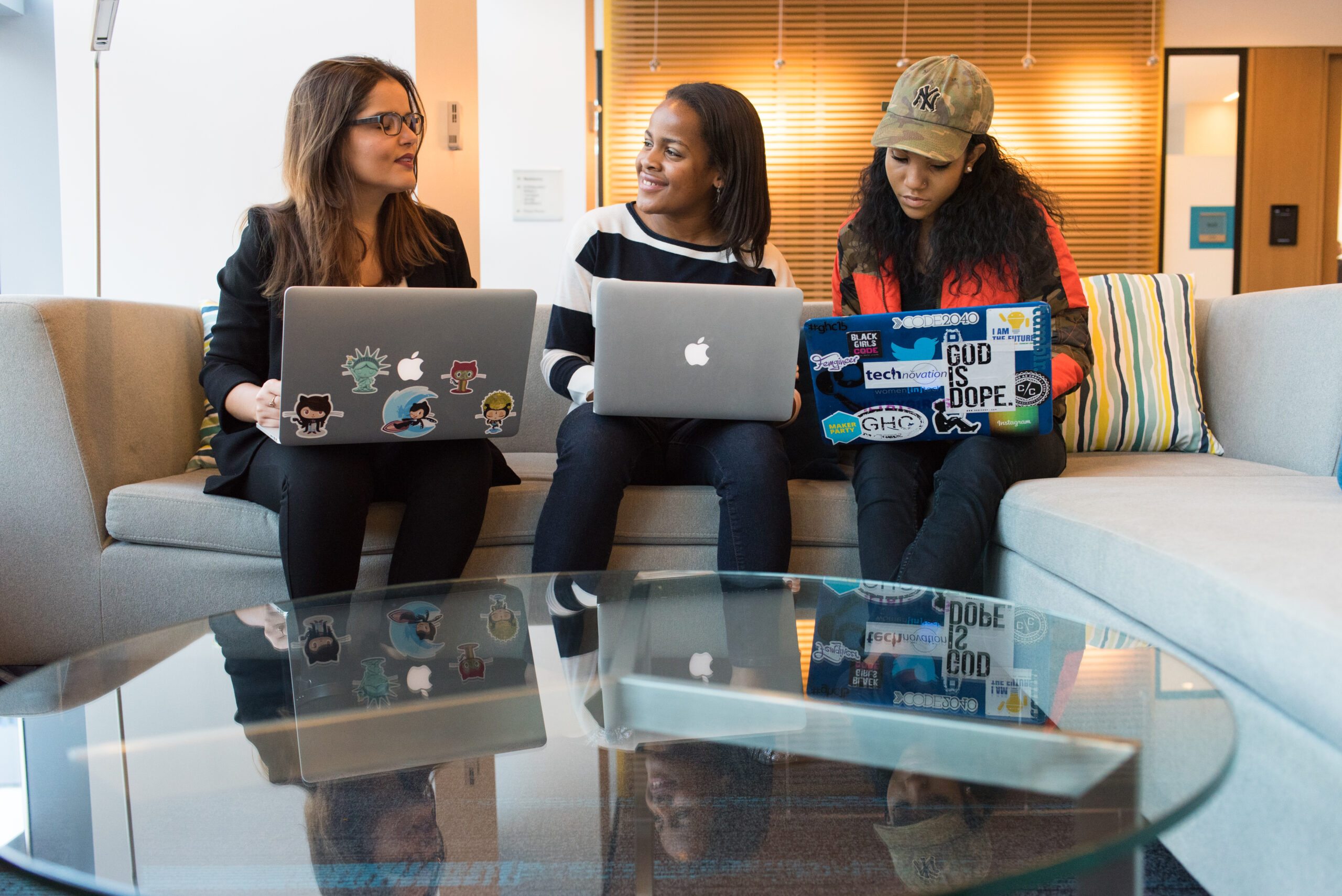
A career counseling program for juniors and seniors in public high schools. It increases access and quality of guidance and information provided to students so that they can chart a path after high school that considers all options whether through college, the skilled trades, or entrepreneurship.
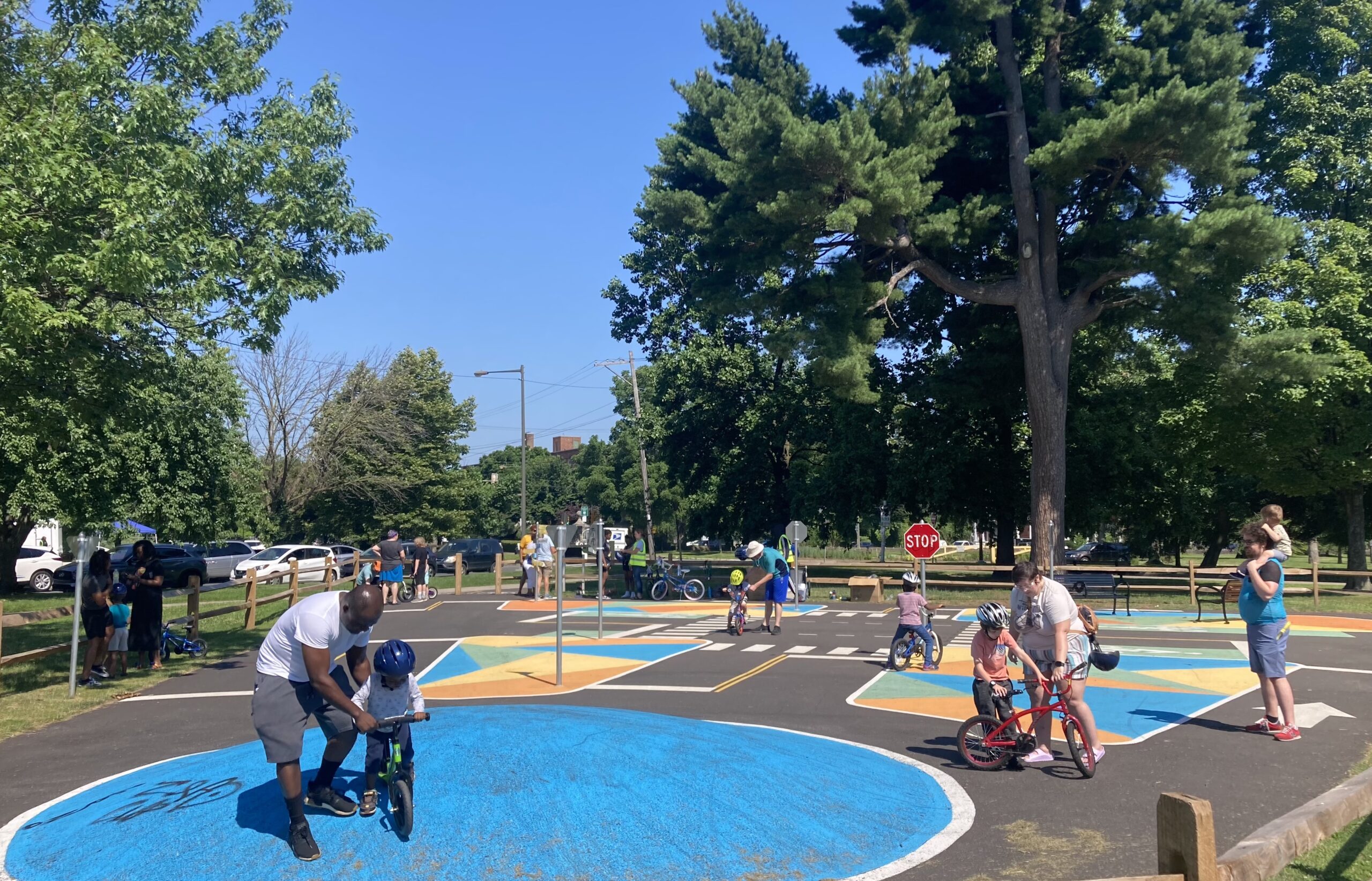
Part of the Bicycle Coalition of Greater Philadelphia, will bring bicycles and bike resources to green spaces in underinvested communities in Hunting Park and Tacony/Takoony/Frankford Watershed, as well as launch a mobile bike hub that will travel to green spaces near Circuit Trails across the region.
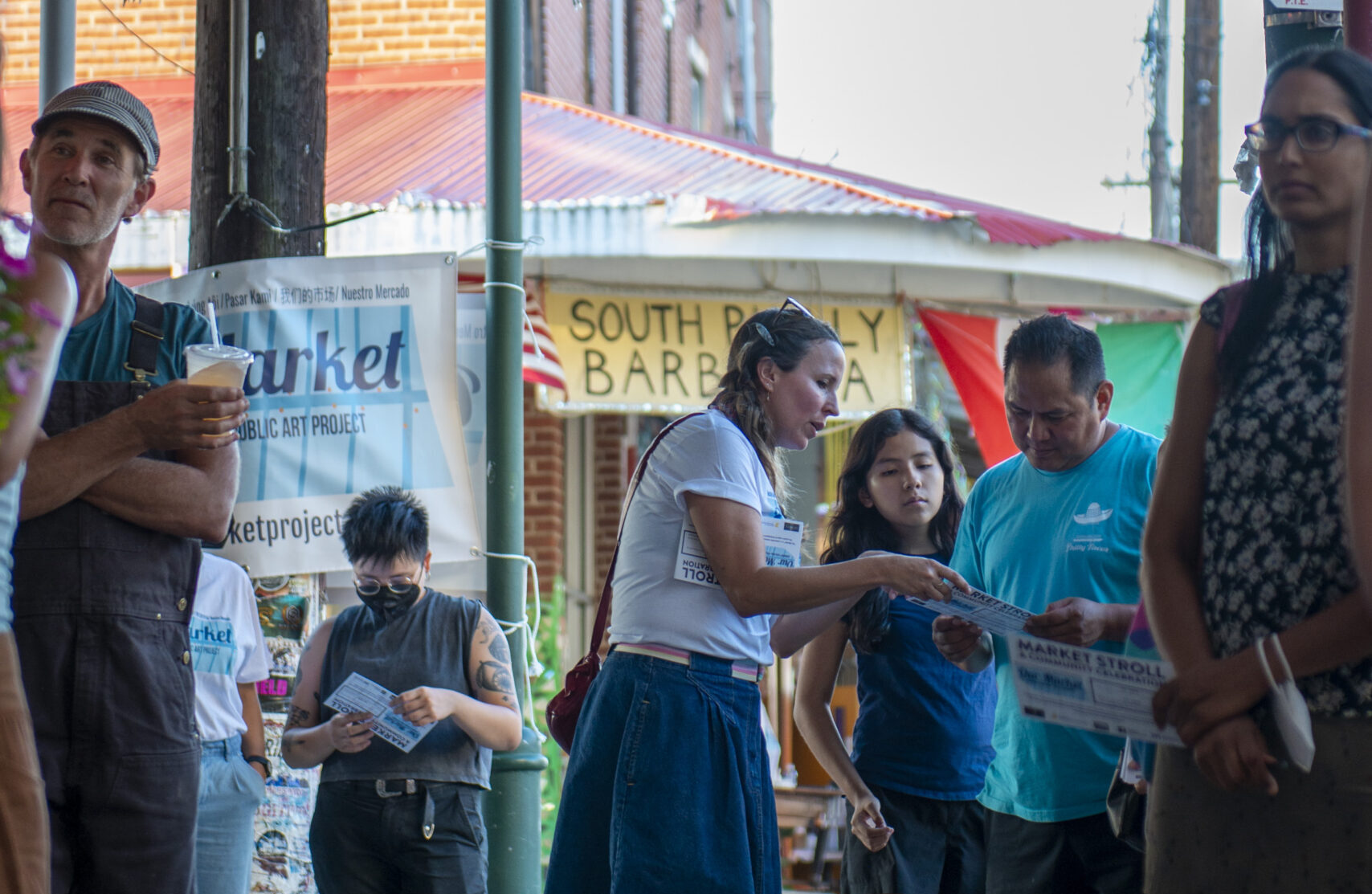
A community-centered, multi-layered public art and activism project in the 9th Street Market of South Philadelphia. As part of its larger work, it will create a program to help residents become the storytellers, tour guides, and guardians of their history to share with local shoppers and tourists.
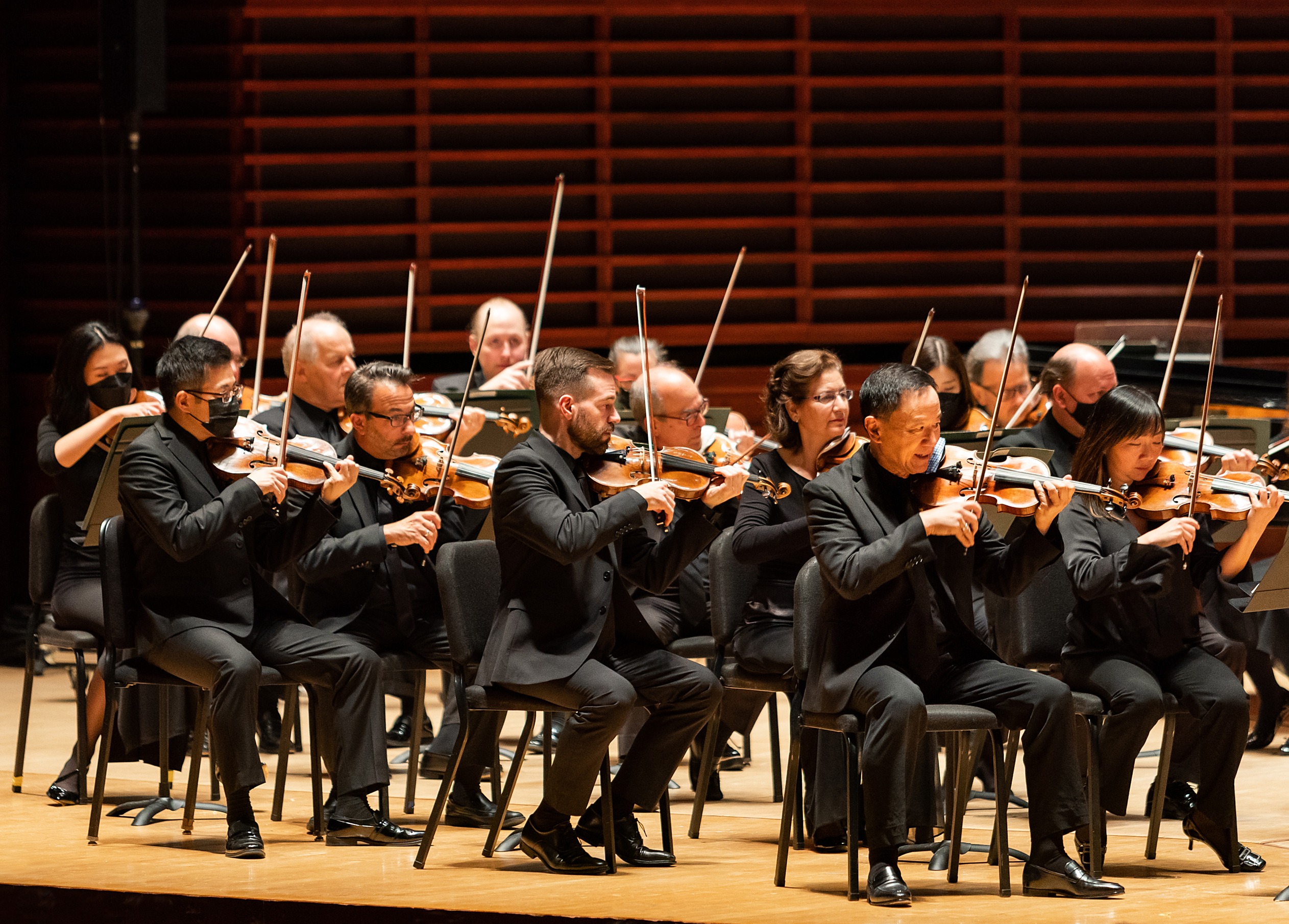
A decentralized, mobile music museum connected by a heritage trail. The museum will promote the preservation of existing music heritage sites, as well as generate revenue through tourism to music organizations and neighborhood businesses.
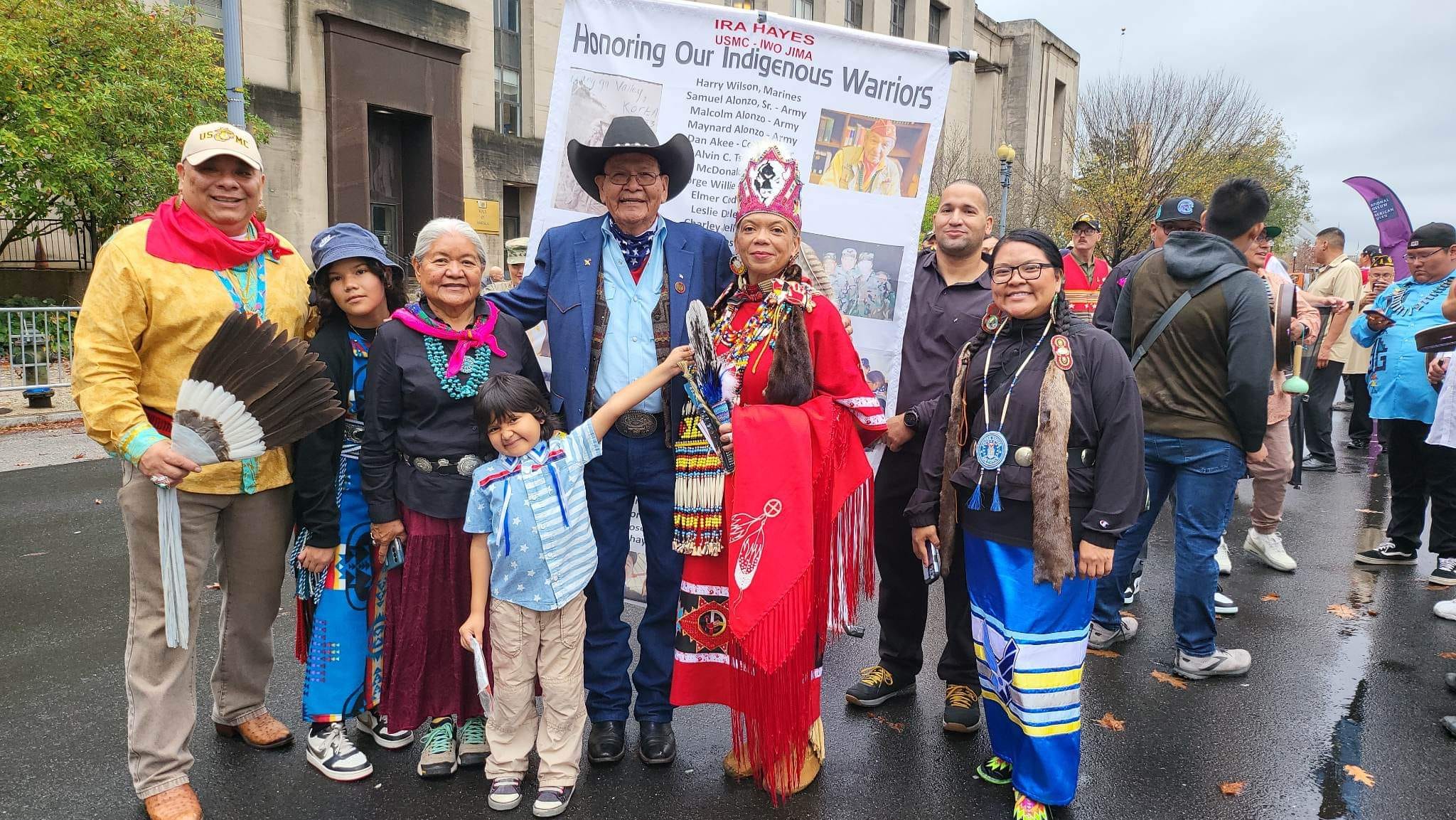
A cultural center to serve as a hub for Native American/Indigenous people’s engagement, providing social services to its community, advocacy with the City of Philadelphia, and public education programs featuring the culture of Native American/Indigenous people.
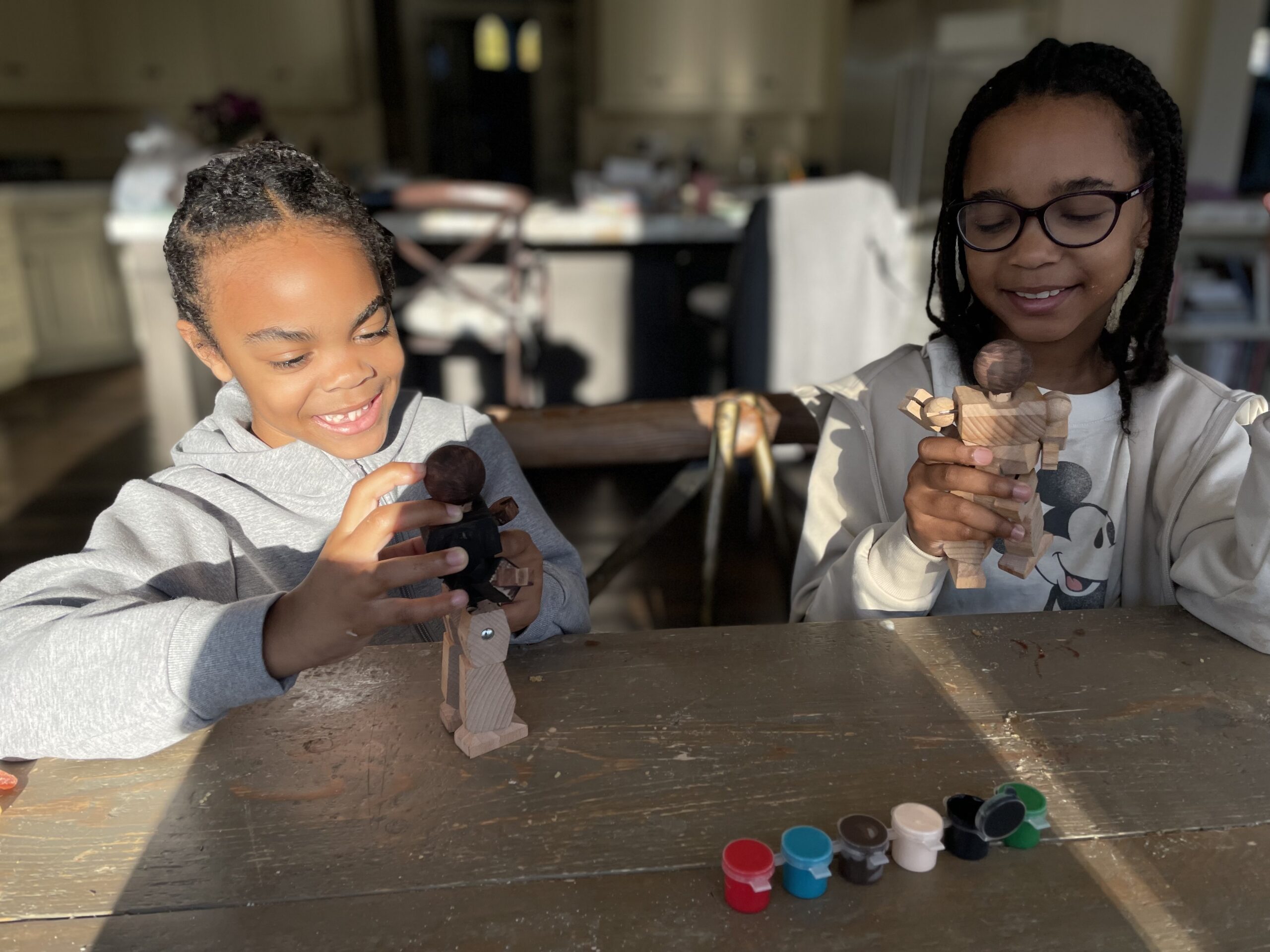
A project of Smith Memorial Playground, uses the power of play to teach children about local community activists and heroes working today to change Philadelphia for the better. This initiative will empower kids to see their potential to be changemakers, bringing these experiences to places where resources are scarce.
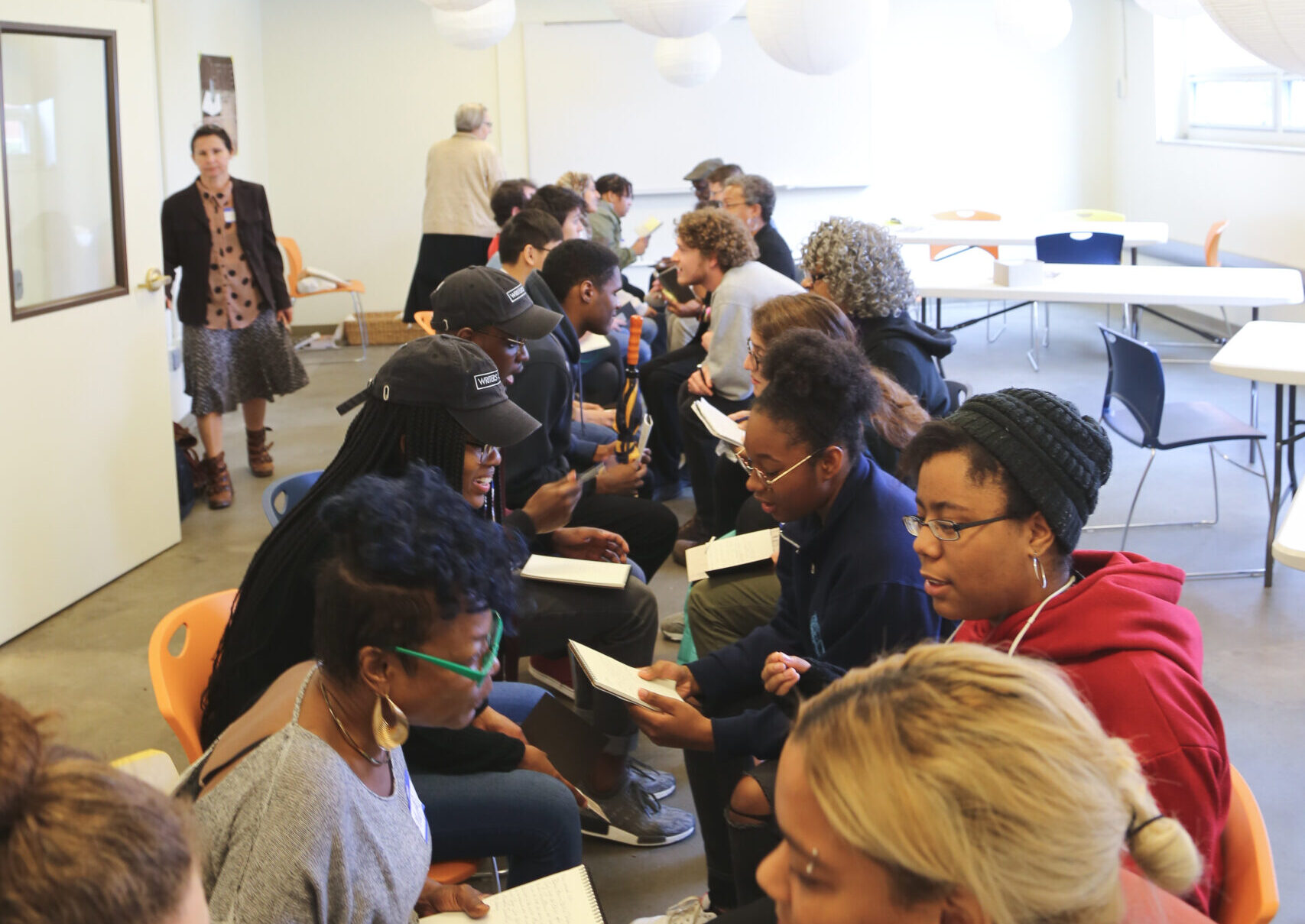
A part of the Writers Room at Drexel University, is developing a co-living and community-building program in which older people with limited financial resources share their homes with younger people in the area. This initiative will help reduce displacement of long-term residents in an area experiencing gentrification.
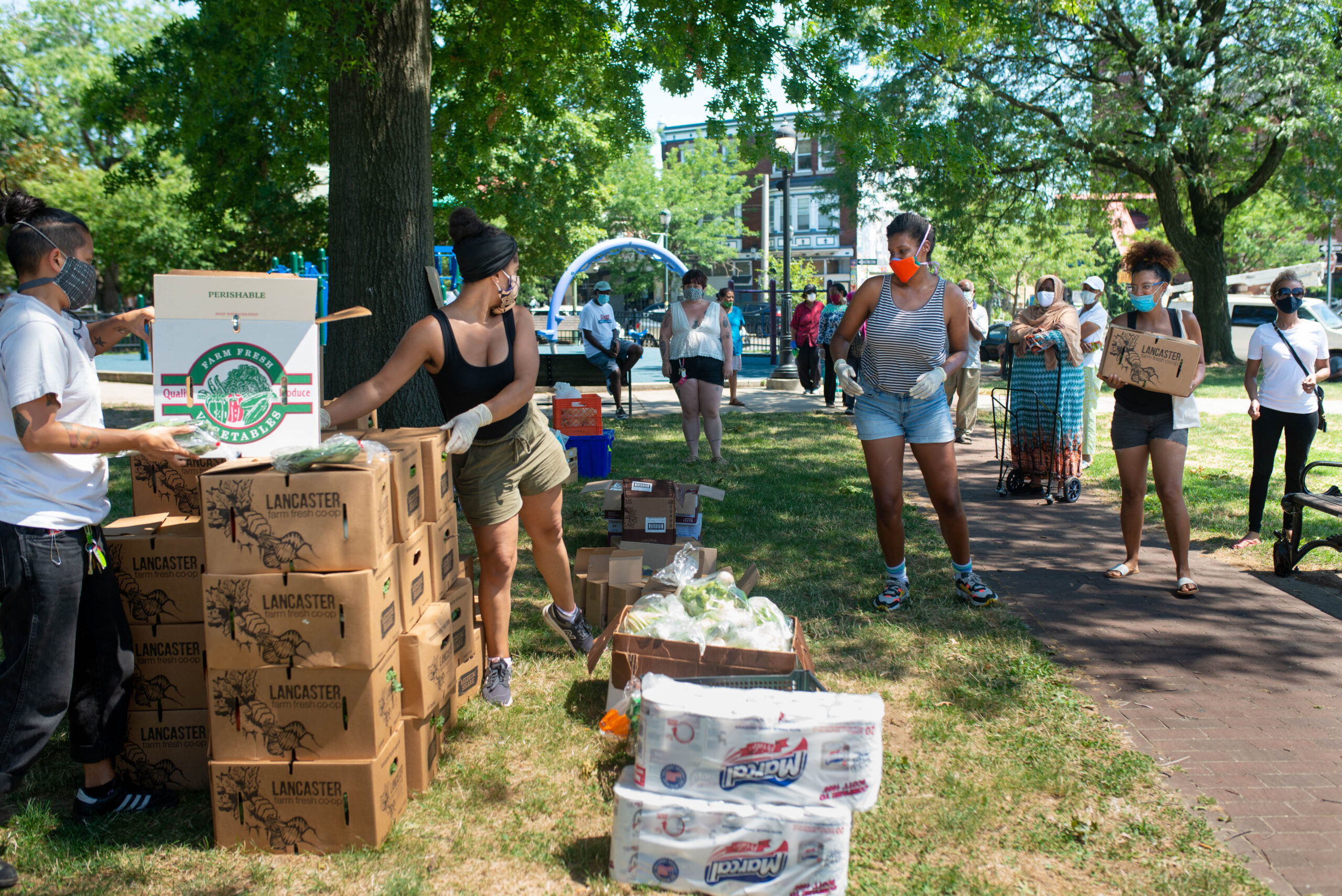
A mutual aid program that provides free, healthy food to families, wants to scale its services and share expertise via a Food Access Mutual Aid Advisory Group. They will help businesses to incorporate food access practices into their day-to-day operations.
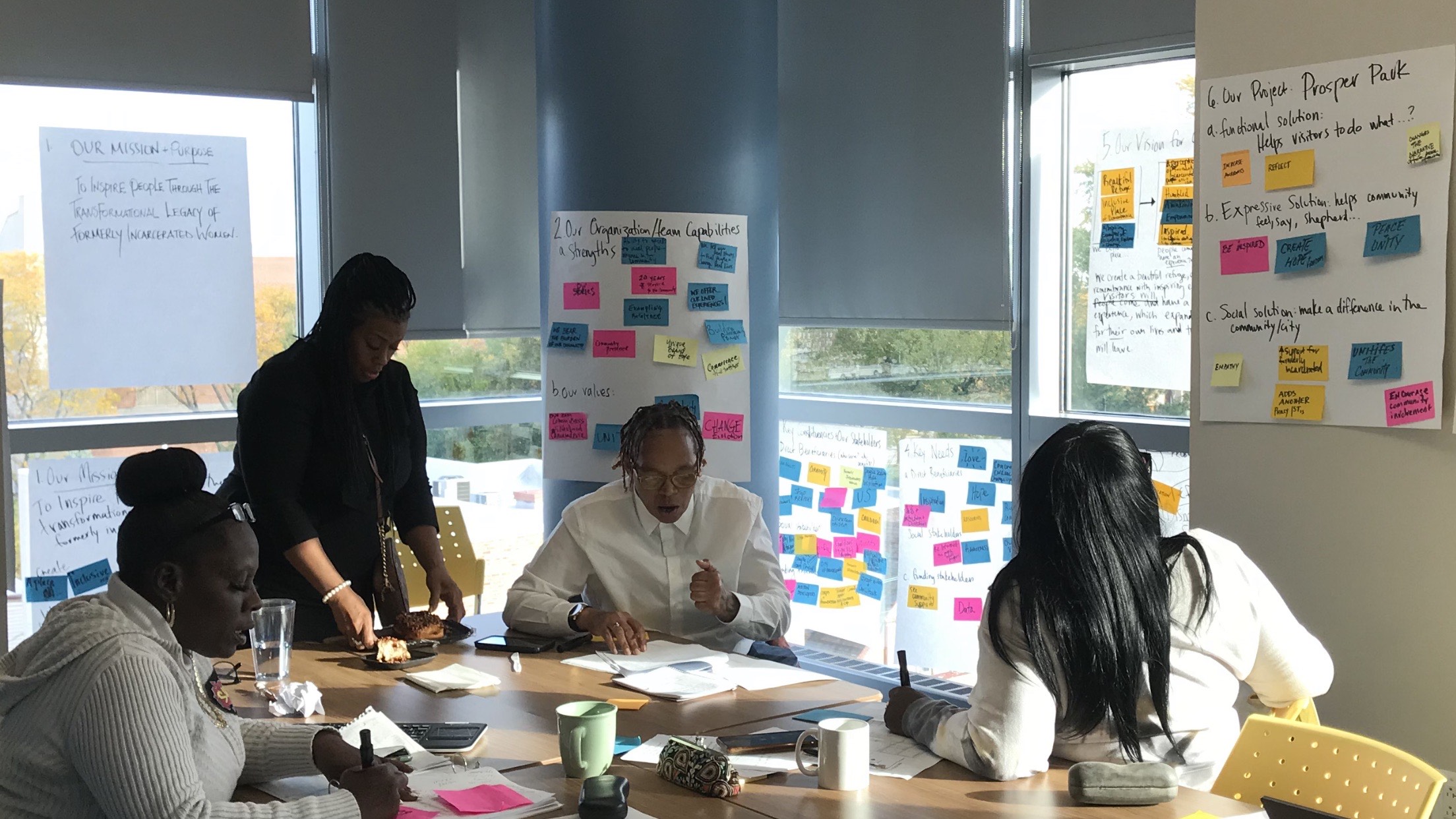
A project of Why Not Prosper, which provides critical support to incarcerated women as they reenter the community after leaving prison, is building a Prosper Park near its headquarters in Germantown. This park will become a space for the community to gather, reflect, celebrate, and honor their community and the accomplishments of the women they serve.